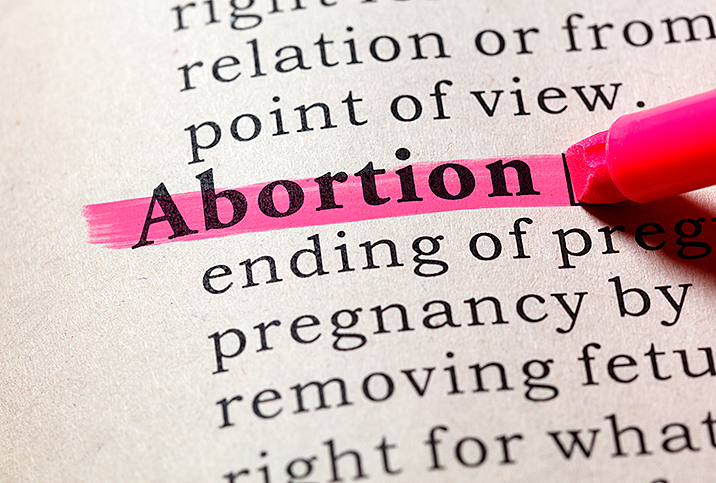Restrictions on Abortion Medications Move Forward in Texas

Weeks after Texas Gov. Greg Abbott signed sweeping abortion restrictions in the state, he has moved to limit access to abortion-inducing medication. While Senate Bill 8 (SB8) allows private citizens to sue anyone who aids and abets in abortion after six weeks of pregnancy, Senate Bill 4 (SB4) will further those restrictions by targeting abortion medication.
SB4, which was coauthored by state Sen. Eddie Lucio Jr., D-Brownsville, and state Rep. Stephanie Kirk, R-Fort Worth, will narrow the window in which abortion providers are allowed to prescribe abortion-inducing medication to seven weeks after conception. Texas law previously allowed 10 weeks for abortion-inducing medication, complying with U.S. Food and Drug Administration guidelines which state medical abortion is safe for women who are up to 10 weeks' pregnant.
Texas abortion providers and organizations maintain that medical abortion is health care, which women should be entitled to access.
"Abortion is time-sensitive, lifesaving, essential health care," said Neesha Davé, acting executive director for the Lilith Fund for Reproductive Equity. "Limiting access to abortion is always about control and punishment, never about health or safety, and any claims to the contrary should be treated like the lies they are."
The new Texas law defines "abortion-inducing" as "a drug, a medicine or any other substance, including a regimen of two or more drugs, medicines or substances, prescribed, dispensed or administered with the intent of terminating a clinically diagnosable pregnancy of a woman and with knowledge that the termination will, with reasonable likelihood, cause the death of the woman's unborn child."
Included in this definition is the "off-label use of drugs, medicines or other substances known to have abortion-inducing properties that are prescribed, dispensed or administered with the intent of causing an abortion." The Mifeprex (mifepristone) regimen, misoprostol (Cytotec) and methotrexate are all specifically singled out in the bill.
SB4 also bans abortion medication by mail, stating that "a manufacturer, supplier, physician or any other person may not provide to a patient any abortion-inducing drug by courier, delivery or mail service."
Anyone who violates the law can face a fine of $10,000 and up to two years in jail.
Abbott signed the bill into law Sept. 24 at the Texas Values' Faith, Family and Freedom policy forum in Austin, where he delivered a keynote speech saying, "Texas continues to lead the way in protecting unborn children and fostering a culture of life, which is why I am proud to join Texas Values, members of the Legislature, and pro-life leaders to sign Senate Bill 4 into law...We have taken monumental steps to save babies from the ravages of abortion—and we will continue to ensure Texas remains a pro-life state."
While Abbott's base may support SB8 and SB4, a survey from Public Policy Polling indicated the majority of Texans oppose the strict abortion regulations, and questions about the constitutionality of the law have been brought up by policymakers and abortion providers across the state.
Alan Braid, M.D., of San Antonio, has been sued for providing an abortion after six weeks, and that lawsuit will be the first to challenge whether laws such as SB4 and SB8 will actually stand in court.
A Rally for Abortion Justice is planned for Oct. 2 at Washington, D.C., to protest the new restrictions. The Women's March organization states on its website, "We are witnessing the most dire threat to abortion access in our lifetime...We need to send an unmistakable message about our fierce opposition to restricting abortion access and overturning Roe v. Wade before it's too late."
Abortion is a medical procedure that is currently illegal or restricted in some portions of the United States. For more information about the legality of abortion in your area, please consult a local healthcare provider.




















